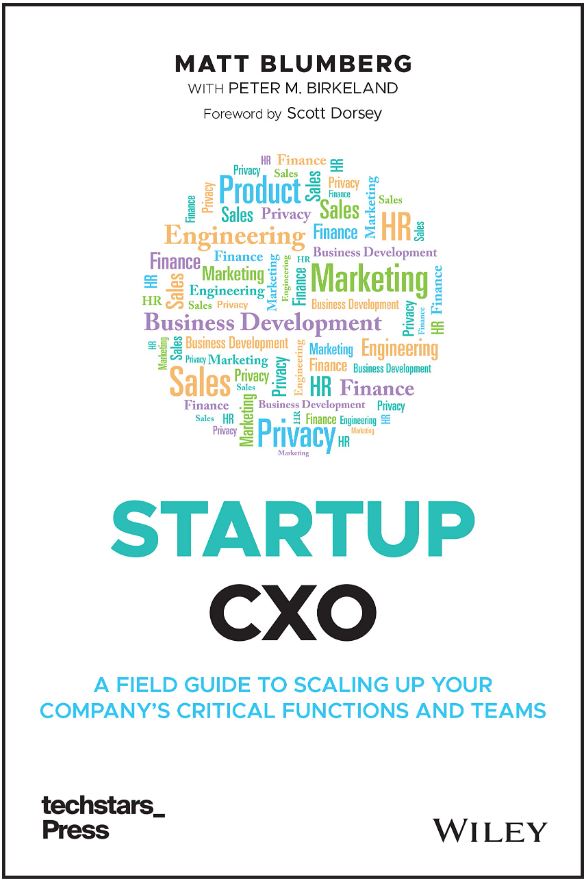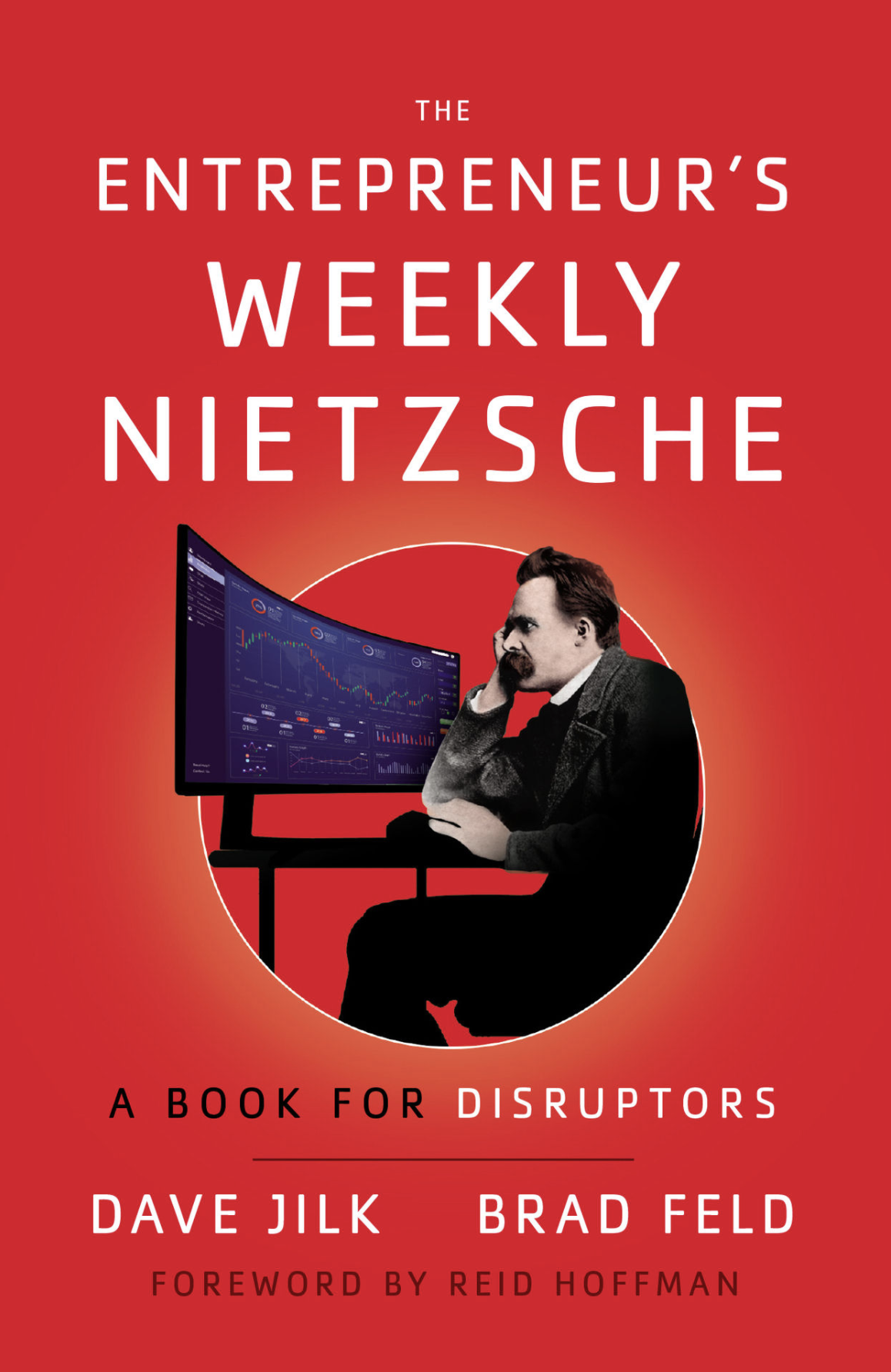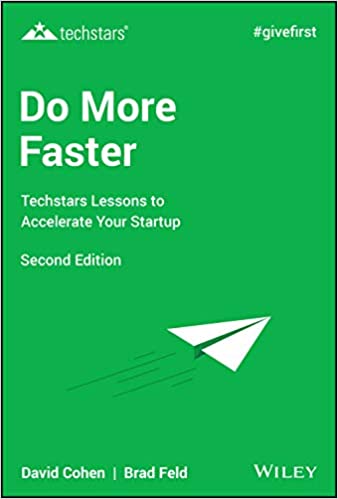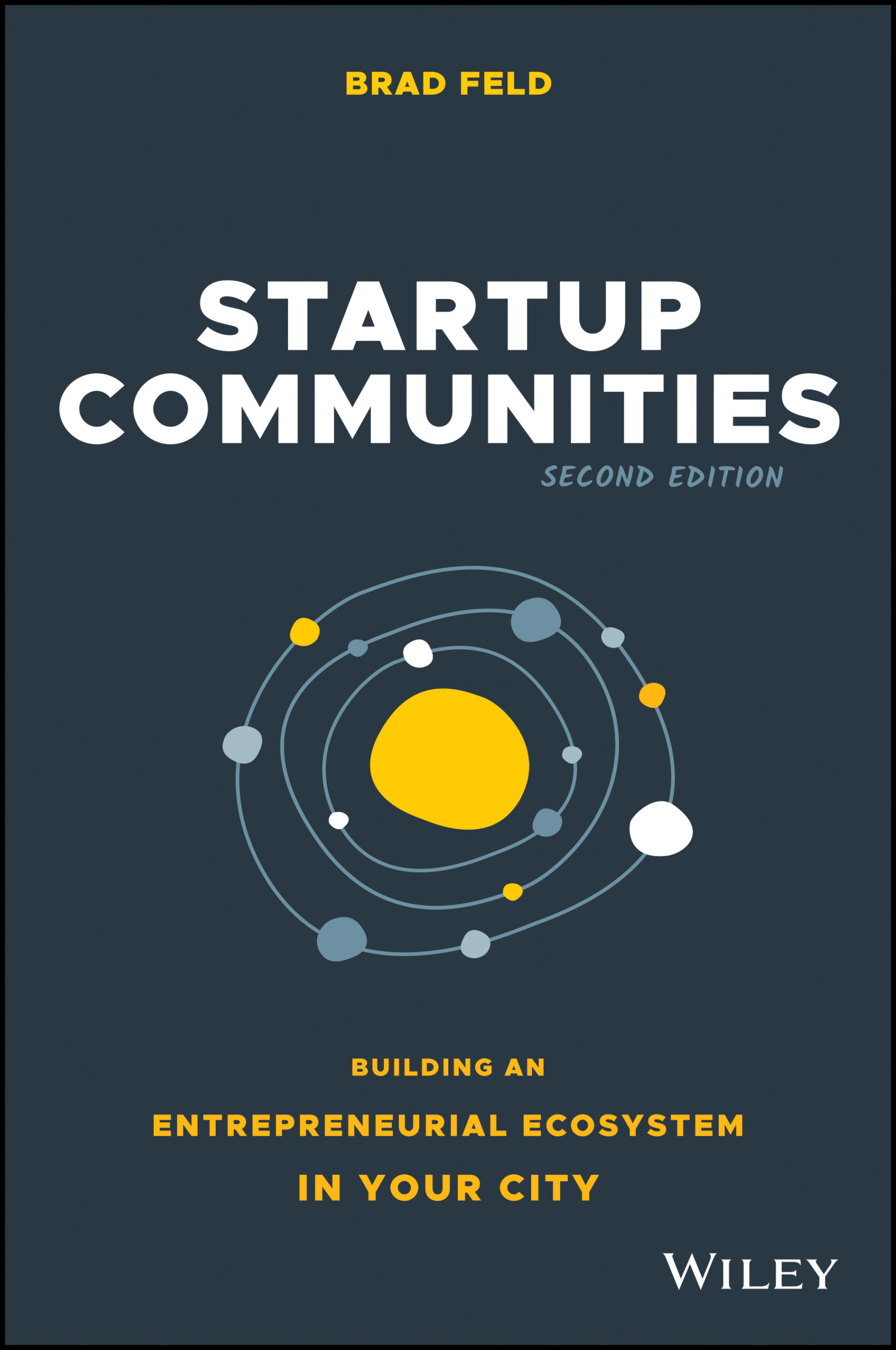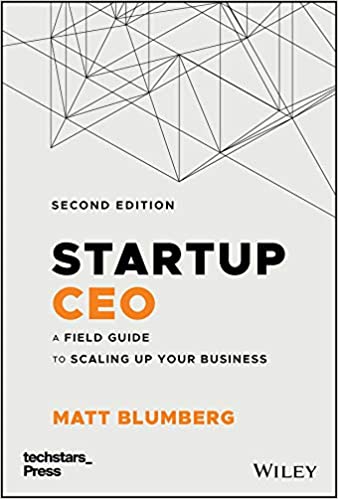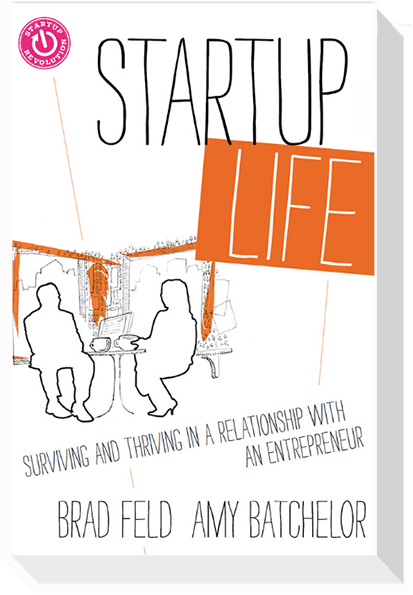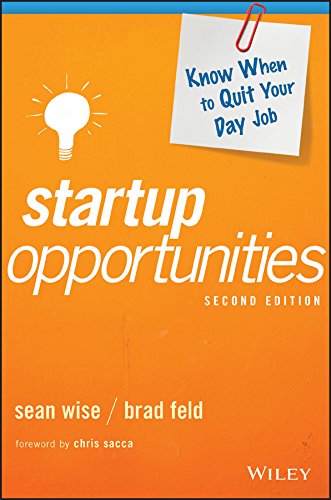Feeling Isolated? Build a Diaspora
Lately, I’ve been talking with entrepreneurs and other civic leaders in cities throughout the US and globally for the new startup communities book. Many find themselves struggling to attract and retain talent—particularly in smaller cities and college towns. One common sentiment is along these lines: “We have a lot of bright young people graduating from University X, but because there are fewer opportunities here for after graduation, they go off to City Y or City Z and start their careers or businesses there. We just don’t have the jobs to support them.”
Talent flight is a real problem. Not just for college towns, but for major cities and regions outside of coastal innovation and knowledge hubs like Silicon Valley and New York. The US Midwest, for example, is notorious for producing high rates of engineering and science graduates from top-flight schools, only to see them flee for the coasts (though, this trend may be changing somewhat).
Over the long-term, city leaders need to think hard about how to make sure that would-be local entrepreneurs and other talented individuals have the resources they need to stay at home. But, let me suggest another course of action that can be taken right away: build a diaspora.
Though most commonly used in a specific context to reference Jews living outside of Israel, the term diaspora generally refers to the movement or dispersion of a group of people from their ancestral homeland. In this context, I’ll use the term “ancestral homeland” loosely to mean a place that has a deep emotional connection to a person (e.g., where they were born, grew up, or went to school).
People leave these places for any number of reasons—self-discovery, employment opportunities, following or finding a partner, and so on—but choose to remain connected, in some way, to their roots. Perhaps they even maintain the hope of returning one day when the time is right. What is overlooked among these short-term “losses,” is the potential for what is learned “out there” to have significant value for the community back home, if properly cultivated.
In the context of building startup ecosystems, this is doubly true, where the process of starting and scaling high-growth businesses is niche, and best learned at an arm’s length (learning by doing/seeing). This is why places like Silicon Valley continue to attract talent, even as the practicalities of living there seem to be untenable—the resources, the culture, the tacit knowledge, all make the congestion and exorbitant cost of living worth it.
And yet, with the right mindset, what’s learned there can be transferred elsewhere.
In her 2006 book, The New Argonauts: Regional Advantage in a Global Economy, AnnaLee Saxenian of UC Berkeley chronicles how foreign-born engineers and managers working in Silicon Valley were able to transfer localized knowledge—on how to build and invest in scalable technology ventures—back to their home countries. She specifically points to a critical mass of motivated Taiwanese and Israelis in the 1980s, and Chinese and Indians in the 1990s, as essential to the burgeoning innovation ecosystems we see in those places today.
Some of these migrants stayed as expats, others returned home, while others still migrated to California to replace those leaving. What was common among them was their connection to home and a desire to bring what was learned abroad back there. Instead of Silicon Valley as a central source of “brain drain,” a group of motivated, patriotic, opportunistic individuals became a pipeline of “brain circulation”—where invaluable knowledge obtained at the frontier of technology and entrepreneurship was transferred back home, planting the seeds of the next generation of booming global innovation that followed.
So, what can be done today to build a vibrant startup community in smaller, more isolated cities?
First, of course, make your city as attractive as possible to talented individuals that do not want to leave. Provide the sort of infrastructure, cultural amenities, and mindset that knowledge workers in the creative economy desire. Make sure they have access to the necessary skills to innovate and start great companies, and get them connected with experienced local entrepreneurs. Play the role of convener and do what you can to increase the frequency of interaction among new and seasoned entrepreneurs alike. Organize “catalytic events” like Startup Weekend and 1 Million Cups. Celebrate entrepreneurship, champion local founders, and encourage them to serve as mentors to the next generation.
Second, make sure that the young people who do want to leave have the right skills to be employed at the best companies in leading innovation hubs. If the secret sauce to technological innovation is best learned at the likes of Google, Amazon, Sand Hill Road, and Kendall Square, ensure that departing members of your tribe have a fighting chance to gain access to that knowledge, experience, and network.
Finally, and perhaps most critically—don’t ignore those who have left, or resort to a sense of frustration at the inability to “keep talent at home.” Instead, view it as an opportunity. Build stronger ties with your diaspora, learn from them, engage with them, keep them emotionally tied to the region and interested in its success. Some may return to live there—be prepared for them (see #1 above). Others may choose not to return. But make sure they, too, have constructive ways of engaging with the startup community there—as mentors, investors, or advisors.
Think it’s impossible? Look no further than the story of Microsoft, when Seattle’s native sons Bill Gates and Paul Allen relocated the company there simply because they wanted to go home. As UC Berkeley’s Enrico Moretti described in his book, The New Geography of Jobs:
This was not a business decision. Gates and Allen were both from Seattle, and they wanted to go back to the place where they had grown up… Seattle was not an obvious choice for a software company. In fact, it seemed like a terrible place. Far from being the high-flying hub it is today, it was a struggling town.
I don’t mean to infer that the Microsoft story is likely, or even probable. Bill and Paul are remarkable, few-in-a-generation talents, whose mold is unlikely to be recast. But the point remains: today’s outbound traffic may be tomorrow’s inbound local heroes. Don’t miss a golden opportunity to keep tabs, keep ties, keep engaged, and keep the brain circulation moving ahead at maximum speed.

